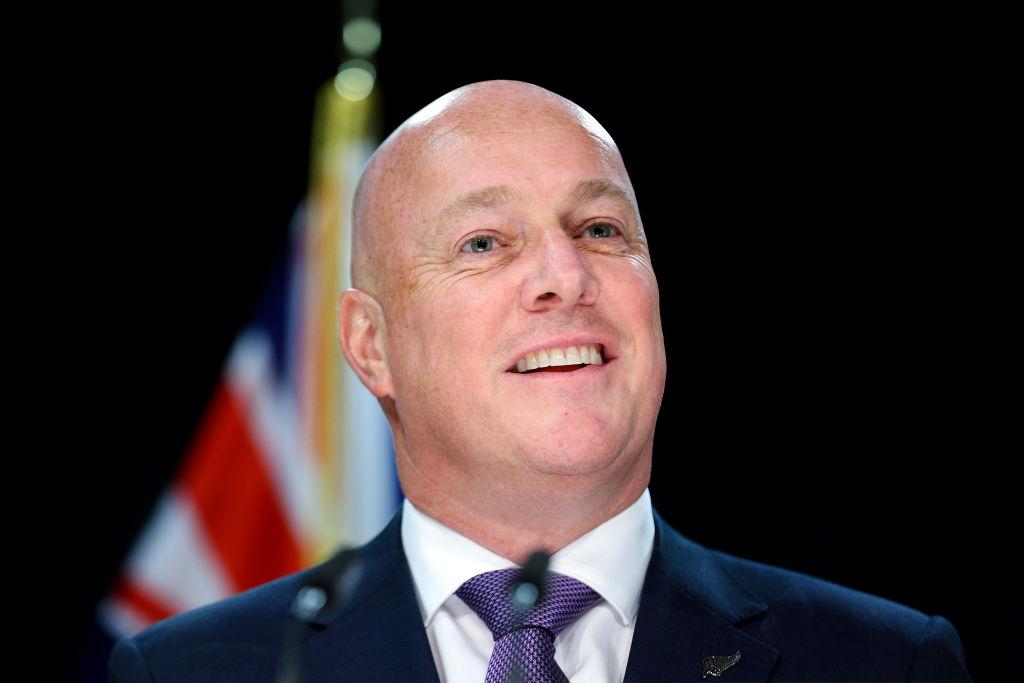Forty-nine actions in 100 days is the ambitious commitment of the incoming National Party-led coalition government in New Zealand.
Sworn in on Nov. 27 after three weeks of three-party coalition talks, new Prime Minister Christopher Luxon has said that Parliament will sit until Christmas to begin pushing through the changes.





